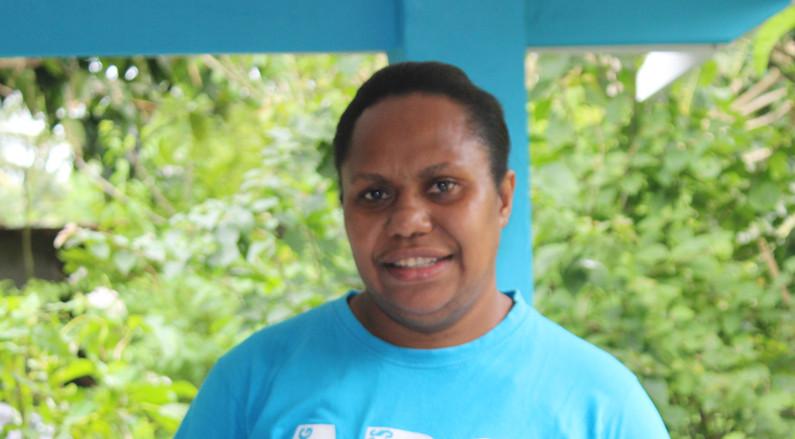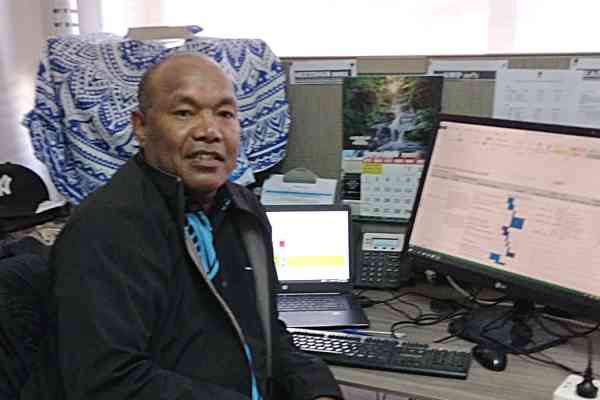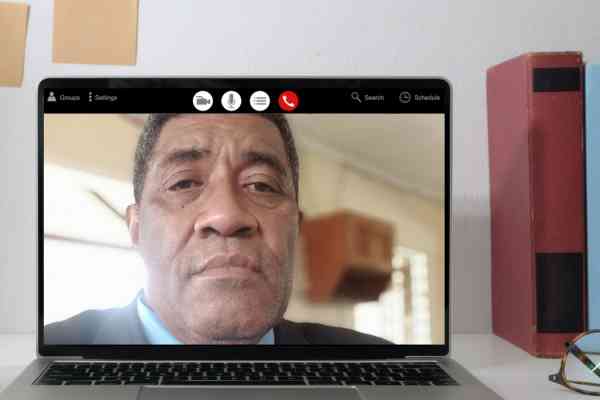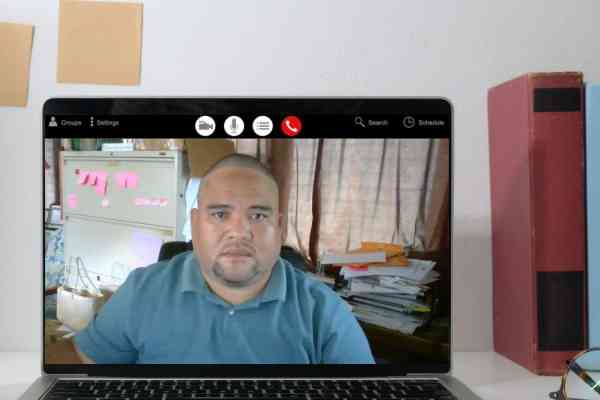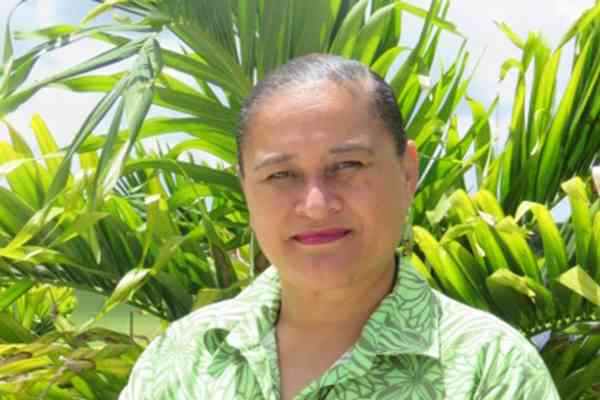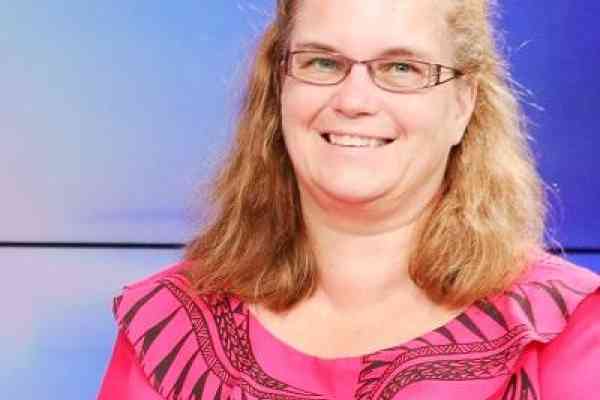Read Asnath’s experience in administering PILNA in Vanuatu in 2021.
1. Please describe your experience in facilitating the assessment in your country with the added challenge of COVID restrictions?
It was the first time for me to coordinate the administration of PILNA at the national level. We encountered challenges in relation to COVID-19 causing PILNA meetings and trainings to be offered online. Border closure due to COVID-19 restricted travelling for face-to-face trainings and meetings. However, with virtual meetings and trainings, facilitators were able to transfer the knowledge and skills on how we are able to coordinate this activity in Vanuatu. Not forgetting to mention the PILNA activity schedule which helps to ensure task are carried out accordingly to the specific dates. The enhancement in the 4th cycle of PILNA is a plus for the country whereby the assessment accommodates for students with special needs. This was made possible through the use of large print materials for visually impaired students and given extra time and given quiet space for students to complete their assessment tasks. The use of rotated block design also ensures that we have more items covering a broader range of difficulty and content in the assessment for both literacy and numeracy booklets.
2. What were some of the challenges you have encountered during the administration/implementation of PILNA in your country?
Tropical cyclone Harold hit Vanuatu on April 6, 2020, destroying hundreds of schools and causing learning disruptions for thousands of students. The cyclone’s widespread destruction combined with the impacts of COVID-19 have greatly affected the country’s Education system. The annual cyclone seasons, regular droughts and floods also make this country one of the world’s most vulnerable to natural disasters which cause a constant threat to the continuity of Education. Although the country has experienced a lot, only a hand full of infection COVID-19 cases were reported at that time. The government temporally closed schools in 2020 to protect vulnerable populations and to avoid the possible spread, which were, confound already with the significant challenge caused by the cyclone. After children returned to school, a date was set for few schools to participate in PILNA trialing.
The field trial results helped confirm the difficulty level of items to ensure PILNA instruments have questions that range from fairly easy to quite difficult, allowing the test to measure students across multiple levels. Before the test is implemented, a training was conducted with schools on how to implement the test before, during the after the test. Test was administered on the set date and packages were checked and send to EQAP. PILNA main study was administered in year 2021. Most schools were trying to operate as normal to ensure safety measures are adopted in the school environment. Some schools are quite remote and difficult at times to communicate with and with the boarder restrictions in travelling, we were not able to attend face to face trainings or meeting.
3. How did you overcome these challenges?
Vanuatu is a resilient country, despite the challenges faced in terms of natural disasters or COVID-19, people in the society continue to manage their everyday life to ensure they survive. Schools continue to ensure safety measures are adopted in the school environment. To note, for me personally, it was the first time to coordinate PILNA work. It was quite challenging trying to ensure activities are carried out within the time frame especially within the COVID era. However, with frequent corresponding emails with EQAP, negotiations were in place to ensure the PILNA work was carried out successfully. Virtual training helps us a lot to ensure we continue to strengthen our IT communication skills to adapt to the new normal.
4. How does your country benefit from PILNA?
The information collected from PILNA will help provide evidence of how well children are achieving the learning outcomes for their year levels in literacy and numeracy and how well they compare with others across the region. The information collected from their cognitive (Literacy & Numeracy) and contextual data (Questionnaire) will help collect information about students and their achievement. In comparison with other assessments, PILNA contextual data (Questionnaires) will help provide information at the national and provincial levels to help stakeholders understand factors that impact student literacy and numeracy achievement. PILNA data helps provide valuable information that enables stakeholders to develop interventions and to make better decisions on policies with evidence base.
Pacific Islands Literacy and Numeracy Assessment (PILNA) 2021: Meet Asnath Tasale, PILNA National Coordinator 2021 – Vanuatu
Suva
Blog Category
A conversation with
Division
Educational Quality and Assessment
Countries
1430
Educational Quality and Assessment
1430
Educational Quality and Assessment
Vanuatu
Vanuatu
A conversation with
A conversation with
